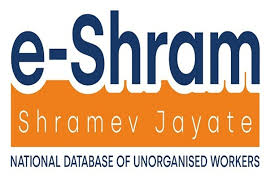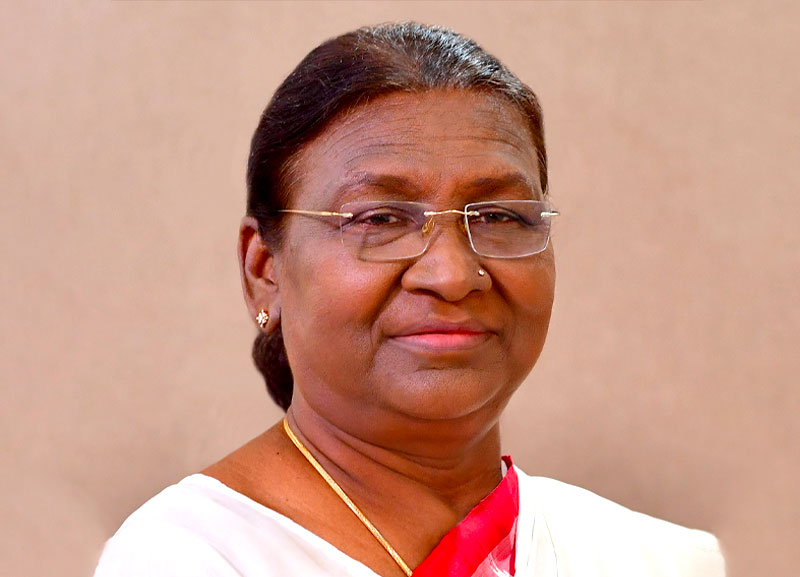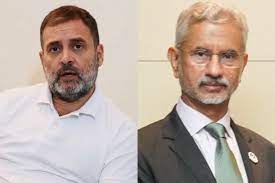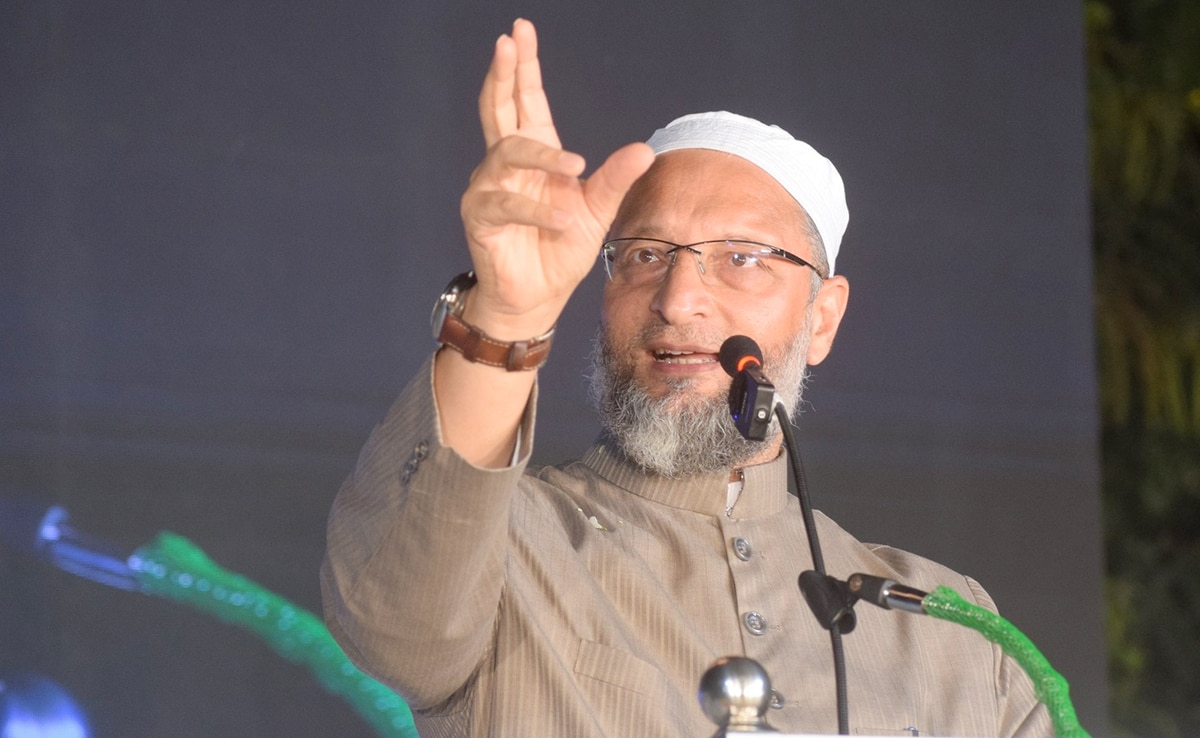SC dismisses PIL seeking content monitoring on OTT and digital media platforms
Sat 19 Oct 2024, 11:05:44
New Delhi: The Supreme Court on Friday refused to entertain a public interest litigation (PIL) seeking a direction to the Centre for the establishment of a proper board to monitor and manage content on different OTT and digital media platforms.
Dismissing the petition, a bench, headed by CJI D.Y. Chandrachud, said that the petition raised a “policy matter” that the apex court cannot adjudicate in the exercise of its power under Article 32 of the Constitution, empowering the Supreme Court to issue writs, directions or orders for enforcement of the fundamental rights of the citizens guaranteed under Part III of the Constitution.
“The problem is the kind of PILs we are now getting, we have no time to read genuine PILs. We are only reading PILs of this nature,” observed the Bench, also comprising Justices J.B. Pardiwala and Manoj Misra.
The plea, filed by advocate Shashank Shekhar Jha, said that OTT and different digital media platforms have surely given a way out for filmmakers and artists to release content without being worried about getting clearance certificates from the censor board.
“The Union of India and Ministry of Information and Broadcasting (MIB) introduced IT Rules 2021 to self-regulate OTT
platforms, however the same has been inefficient. These unregulated portals are putting everything without any moderation and common people in India are watching the same from the comfort of their houses which could ultimately lead to various problems in the coming future,” it said.
platforms, however the same has been inefficient. These unregulated portals are putting everything without any moderation and common people in India are watching the same from the comfort of their houses which could ultimately lead to various problems in the coming future,” it said.
The PIL sought direction for the constitution of an autonomous body/board, namely a Central Board for Regulation and Monitoring of Online Video Contents (CBRMOVC) to monitor and filter the contents and regulate the videos on various platforms for viewers in the country.
“The above-mentioned board must be headed by an IAS officer of secretary level and shall further have members from varied fields including movie, cinematographic, media, defence forces, legal field and field of education,” it said, adding that all OTT platforms must comply with the regulations made by it.
In November last year, the Union Ministry of Information and Broadcasting had called for suggestions on the Broadcasting Services (Regulation) Bill, 2023, with an aim to replace the Cable TV Networks (Regulations) Act 1995 and other policy guidelines that govern broadcasting services including DTH, OTT, and digital news platforms
No Comments For This Post, Be first to write a Comment.
Most viewed from National
Most viewed from World
AIMIM News
Delhi Assembly polls: Owaisi leads Padyatra in Okhla
Feb 01, 2025
We reject this Waqf Amendment Bill: Asaduddin Owaisi
Jan 30, 2025
Latest Urdu News
Most Viewed
May 26, 2020
Which political party will win the Delhi Assembly polls to be held on Feb 5?
Latest Videos View All
Like Us
Home
About Us
Advertise With Us
All Polls
Epaper Archives
Privacy Policy
Contact Us
Download Etemaad App
© 2025 Etemaad Daily News, All Rights Reserved.

.jpg)
.jpg)
.jpg)
.jpg)
.jpg)
.jpg)






.jpg)
.jpg)
.jpg)
.jpg)
.jpg)
.jpg)
.jpg)
.jpg)
.jpg)
.jpg)
.jpg)
.jpg)

















